The Blog
Fueling Your High School Athlete: Tips for Parents
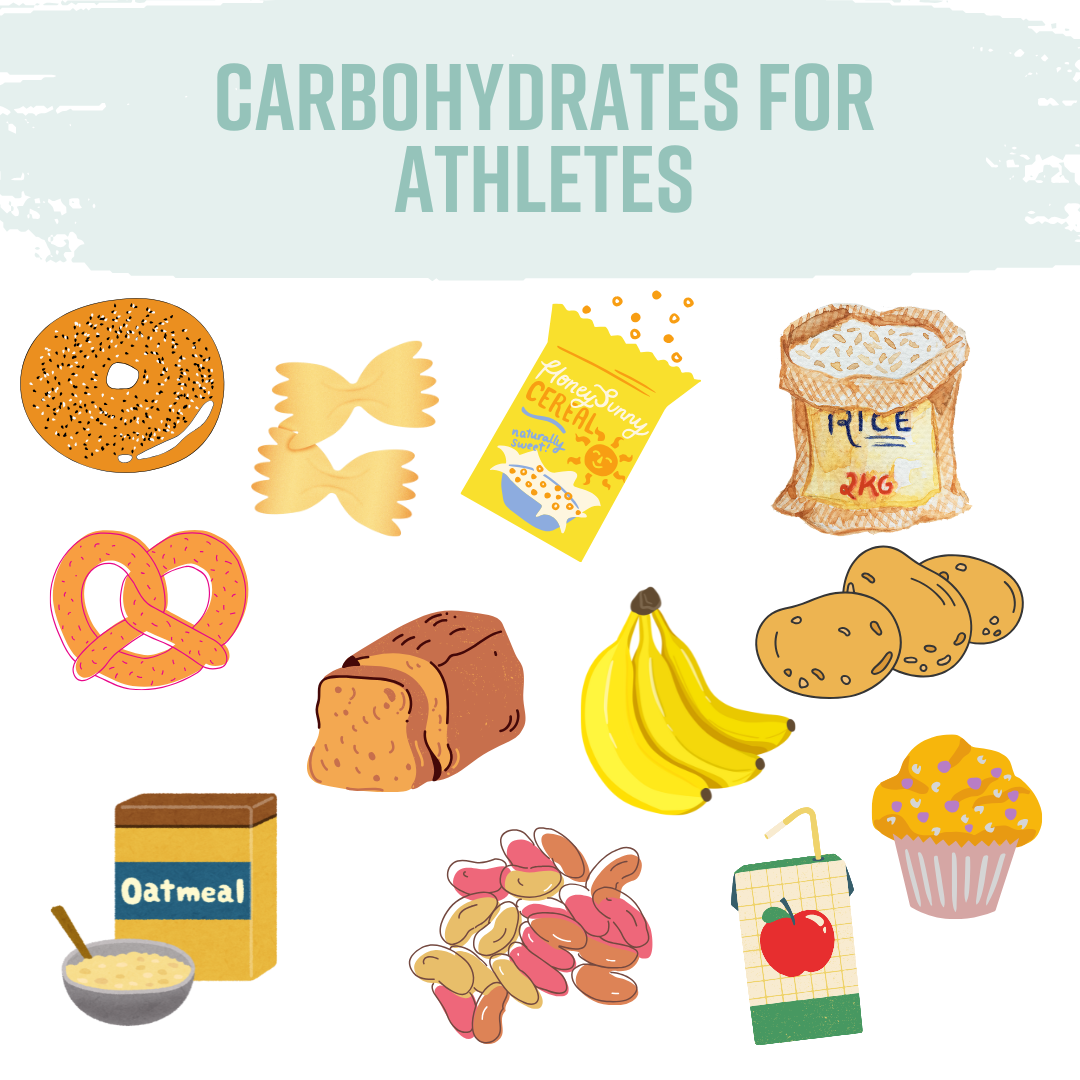
December 13, 2024
Fueling a high school athlete can be a challenging task for parents. Between busy schedules and their high energy demands, it’s easy to stress about this. Let’s tackle these challenges and share easy tips to keep your athlete energized.
Common Challenges in Fueling High School Athletes
First, you aren’t alone! Many parents struggle with keeping their athlete fueled. It often starts in the morning because mornings can be chaotic. It’s not unusual for athletes to run out the door without eating to save some time.
Another frequent concern is under-fueling during the day. An athlete’s lunch time can have a significant impact on their energy during practice. Athletes with early lunches share they are really hungry by the time practice starts. If they have a later lunch, they may struggle to pay attention in class because they are hungry. Are they able to snack during class as they need it? Filling long periods between meals with a snack can help their focus in class and energy at practice.
Dinner can also be a challenge, especially after late night games or practices. Even the thought of figuring out what to cook when everyone’s exhausted can feel like an huge task.
Dietary preferences add another layer of complexity. I work with many parents to create fueling plans for athletes following a plant based diet (vegan or vegetarian). Another common challenge is maneuvering food allergies and intolerance.
Many parents share the same concerns with fueling their athletes. My mission is to empower you to confidently fuel your athlete. With the tips below and resources in the Fueling Your Athlete Parent Group you will be able to help your athlete build a strong fueling plan.
Create a Fueling Framework
One of the best ways to simplify nutrition is by creating a fueling framework. This approach revolves around three essential components: carbohydrates, protein, and fats.
Carbohydrates are the primary energy source for athletes. Carbs fuel their practices, games, and recovery. Foods like whole grains, fruits, starchy vegetables, and snacks such as pretzels or crackers are excellent sources of carbohydrates.
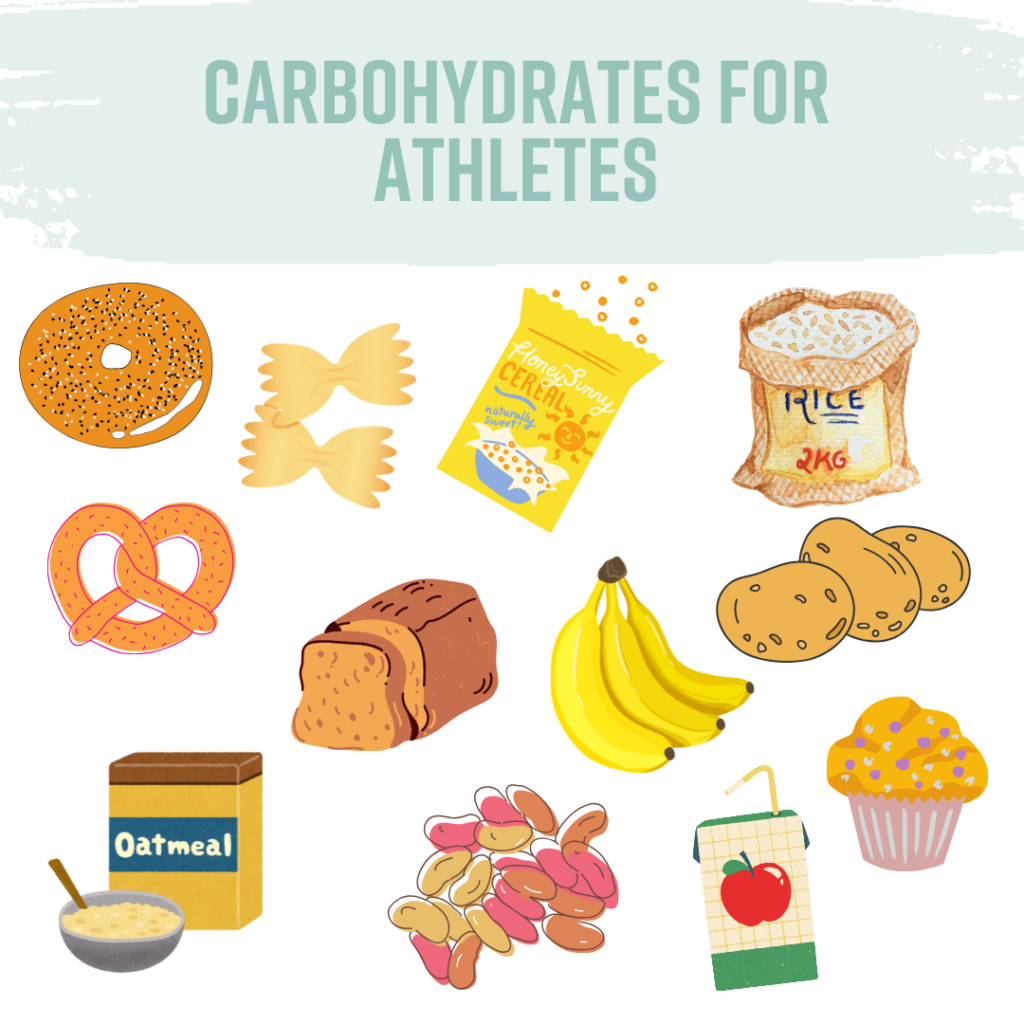
Protein is crucial for muscle recovery and growth. Incorporating lean meats, eggs, dairy, nuts, and plant-based protein sources into meals can help athletes meet their needs.
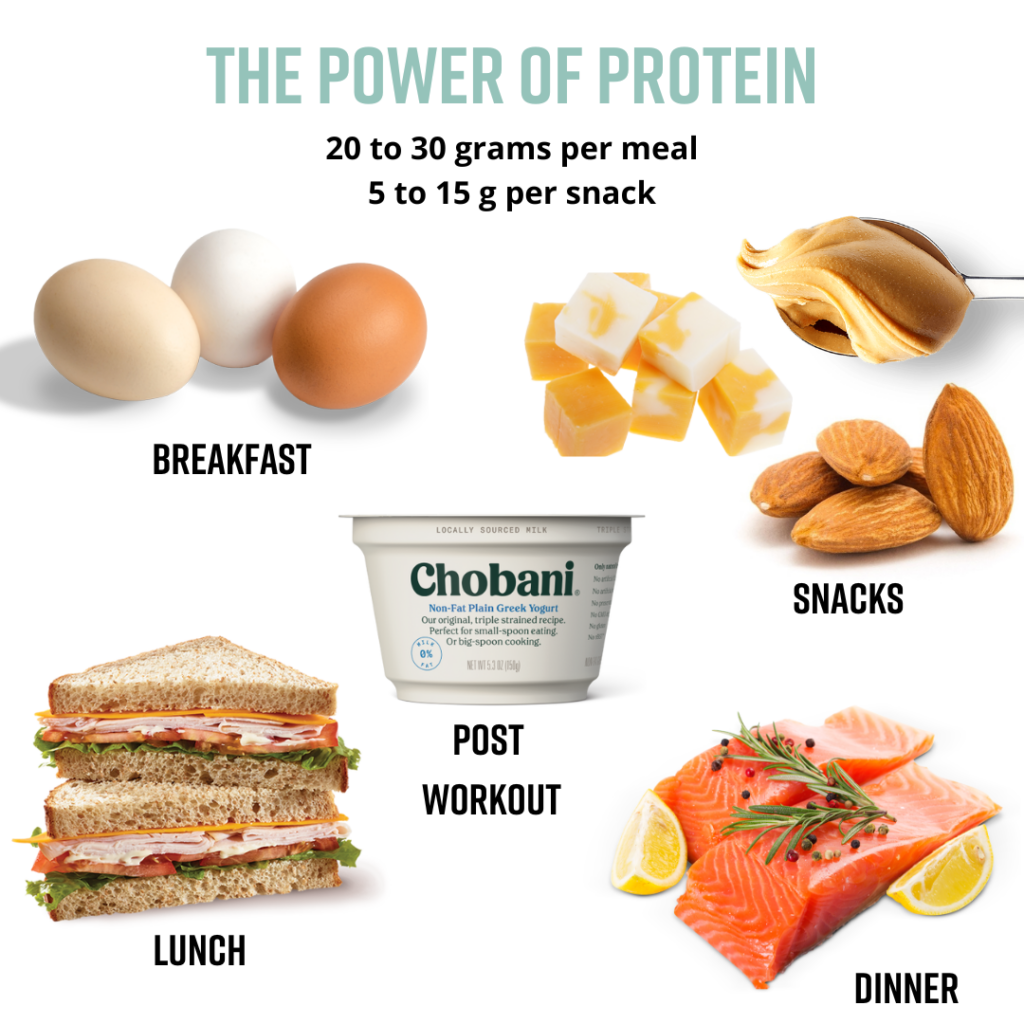
Fats are also vital, providing long-lasting energy and supporting overall health. Foods like avocados, olive oil, nuts, and seeds are great options to include in their diet.
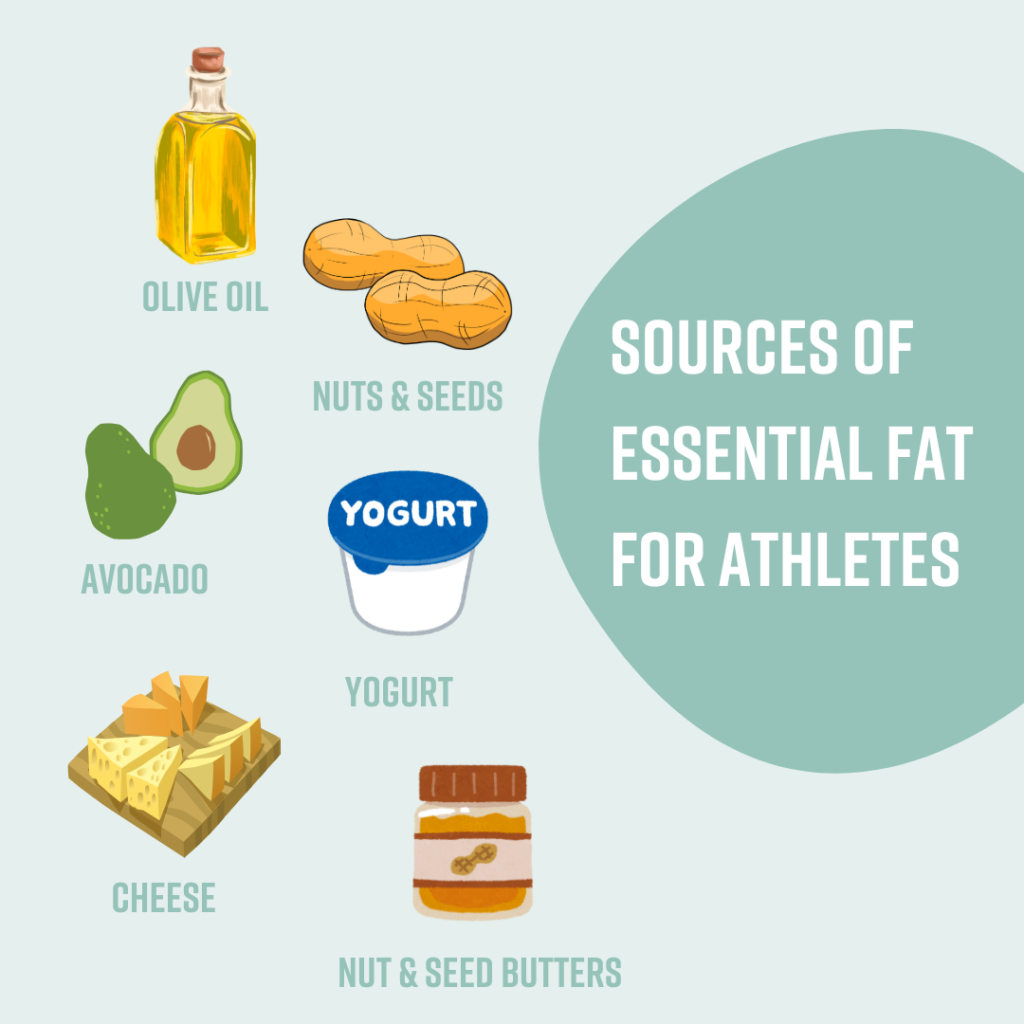
When they eat is just as important as what they eat. Pre-training snacks, mid-training snacks, and recovery snacks play significant roles in athletic performance.
Hydration for High School Athletes
Hydration is another area where athletes can struggle. Some don’t drink enough, leading to fatigue and decreased performance. Others may overhydrate, which can make them feel sluggish.
Encouraging athletes to monitor their hydration levels is a simple but effective strategy. Checking the color of their urine is an easy way to gauge hydration. Light yellow indicates proper hydration, while darker yellow means it’s time to drink more fluids.
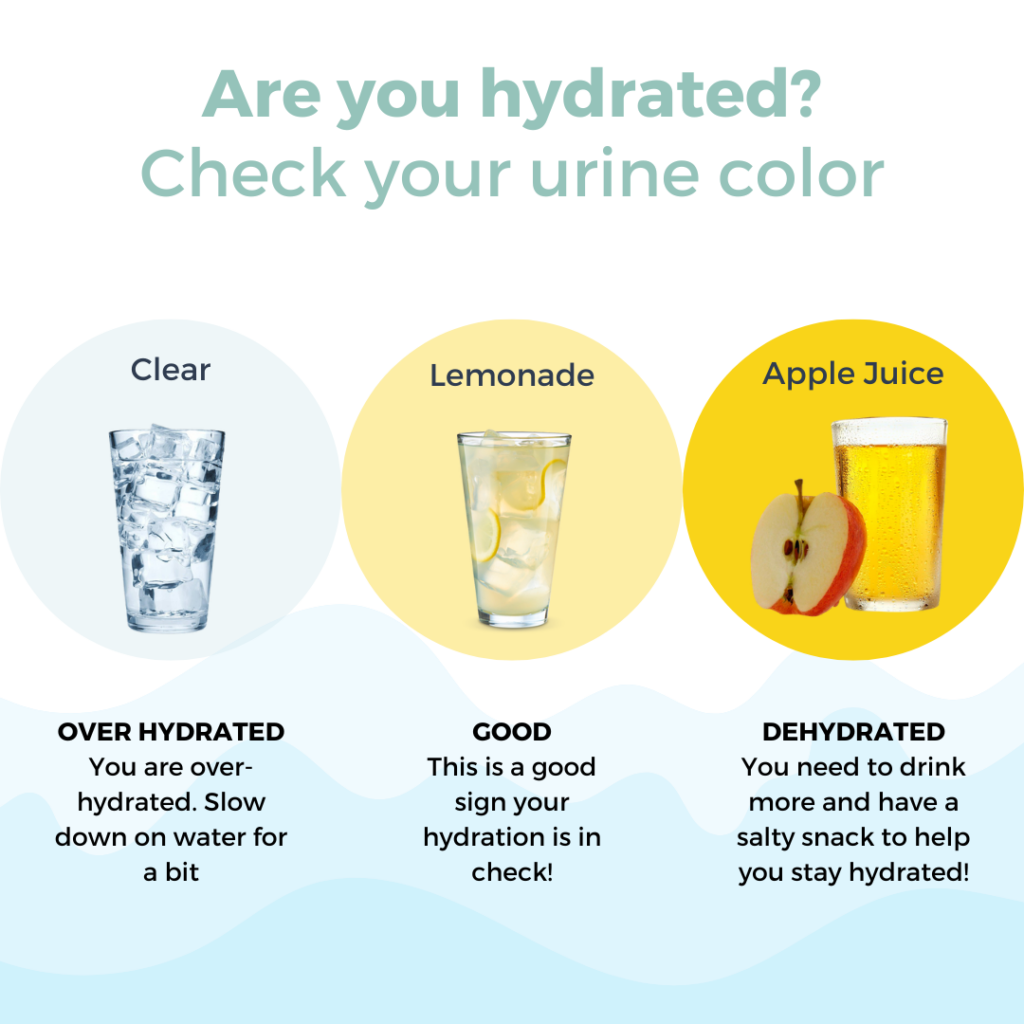
Sipping water throughout the day is also essential for maintaining fluid balance. Chugging water right before practice will leave them uncomfortable and sloshy.
Make Nutrition a Team Effort
Involve your athlete in meal planning or snack preparation.
Encourage your athlete to prepare grab-and-go options for busy days, such as pre-packed trail mix, yogurt parfaits, or simple breakfast options. The goal is to have quick and energizing options available that you know they will like! The convenience is going to make a big difference with their busy schedules.
Fueling Your Athlete
Navigating your athlete’s fueling plan can feel like a full time job, but you don’t have to do it alone. I invite you to join a supportive community for parents. The Fueling Your Athlete Parent Group was designed to help you take the stress out of fueling your athletes.
Whether your child is involved in football, soccer, basketball, track and field, or any other sport, understanding the right fueling strategies can make a significant difference in their performance, recovery, and overall growth and development.
This group offers personalized guidance with your Sports Dietitian, access to meal plans, instructional videos, and a supportive community of parents facing similar challenges. I am excited to support you in our next group! Click here to learn more.

Be the first to comment